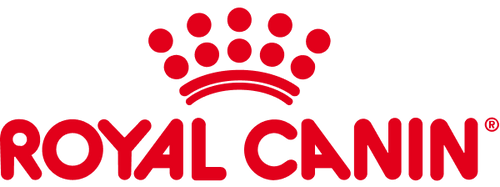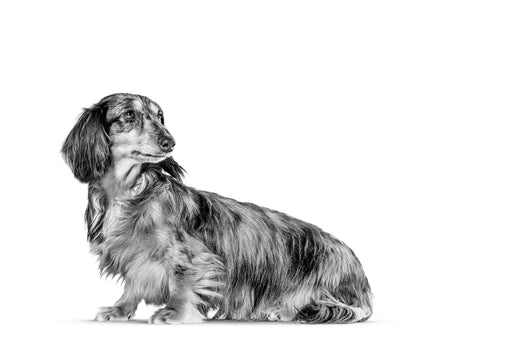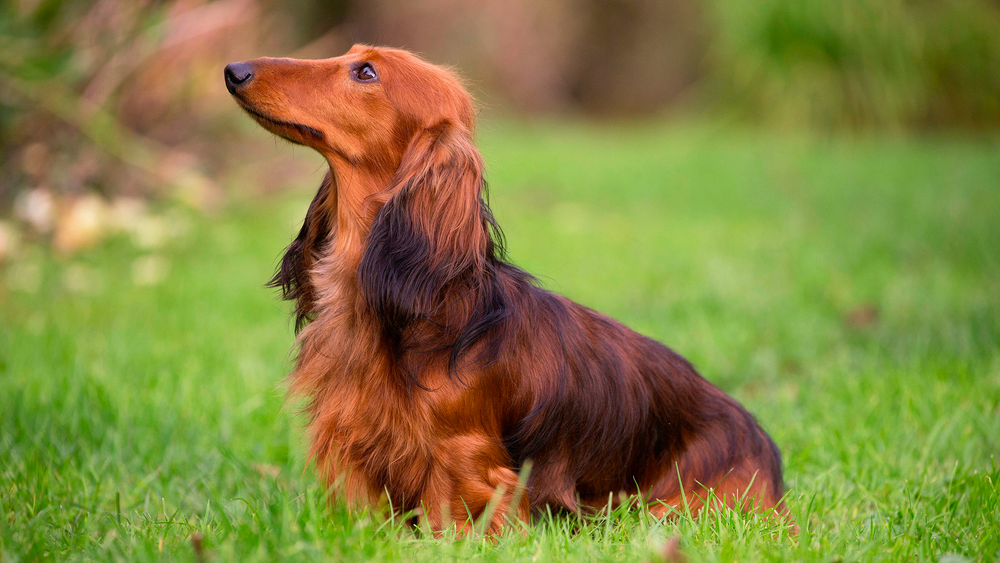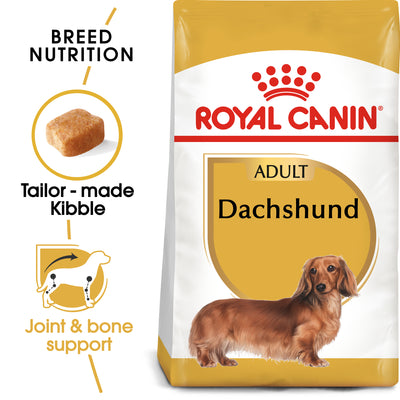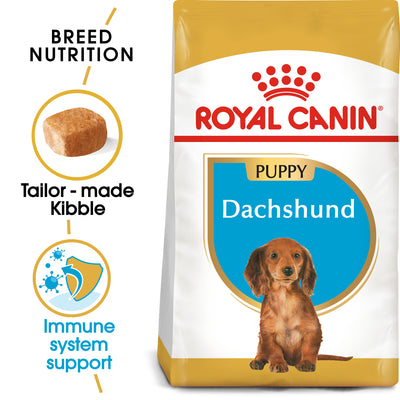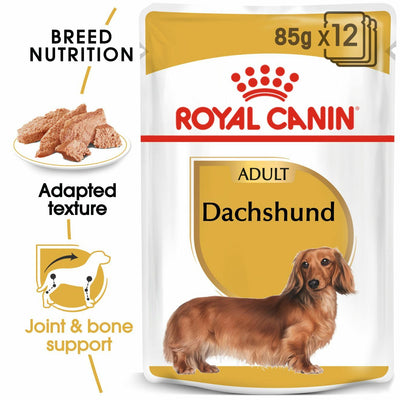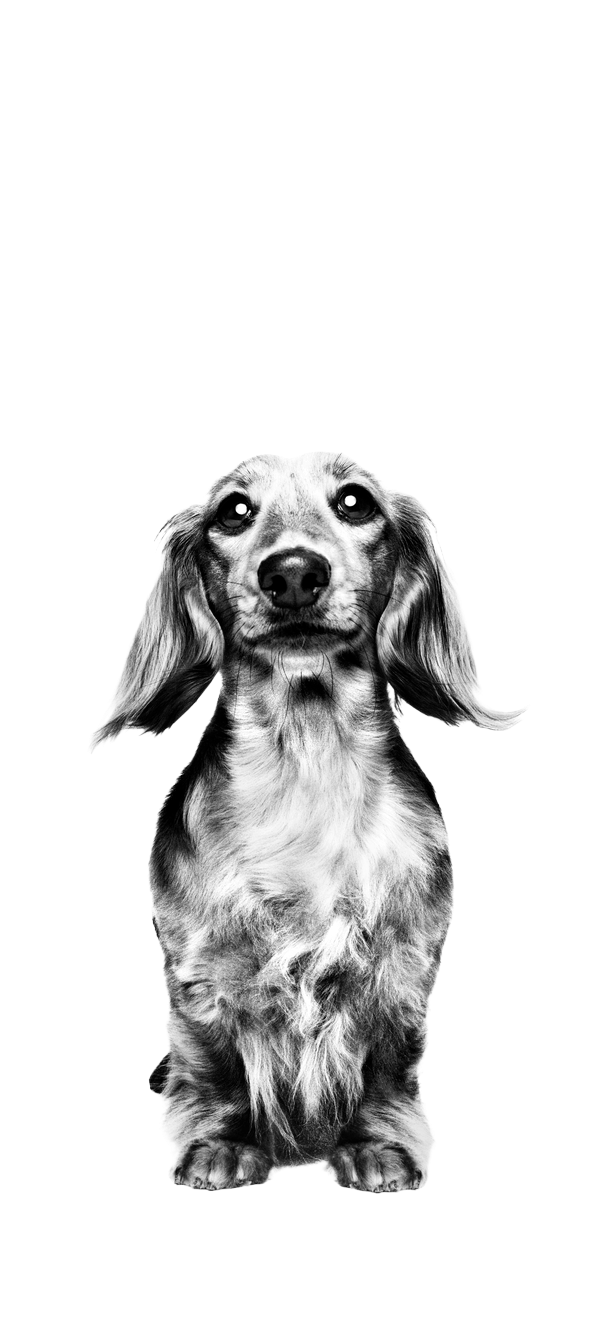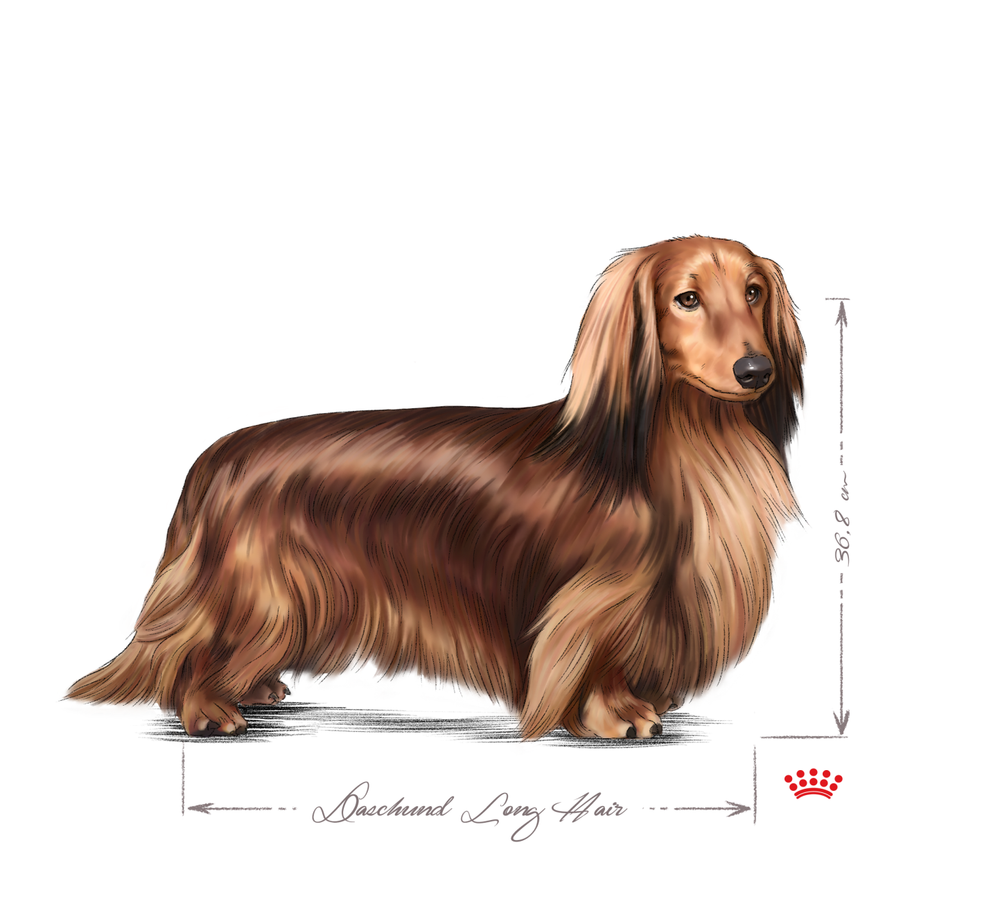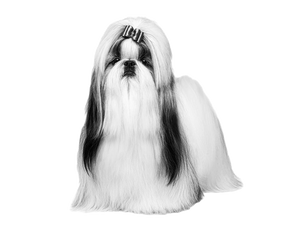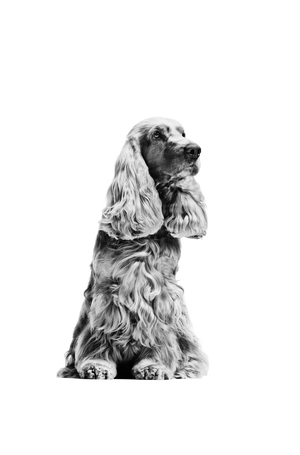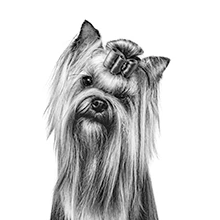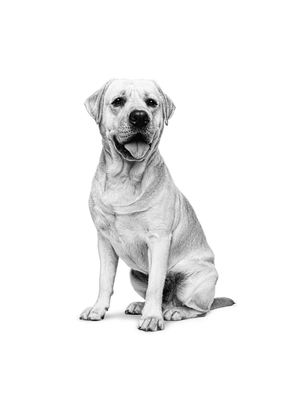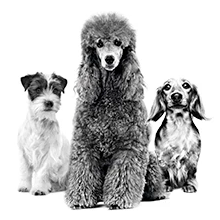The origin of Dachshunds dogs
The origin of the Dachshund breed is an interesting one. First bred in 17th-century Germany, Dachshunds were created for the sole purpose of hunting small prey. Their paddle-shaped legs were perfect for digging down into burrows, while their deep lungs helped them work for longer underground.
In German, the word ‘Dachshund’ literally translates to ‘Badger dog’ – a continual reminder of this magnificent breed’s history.
